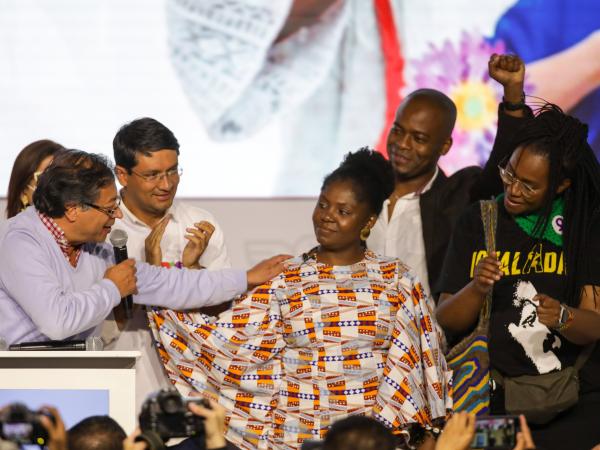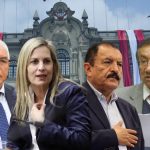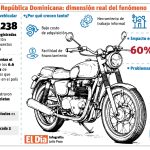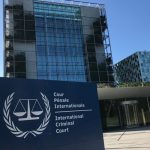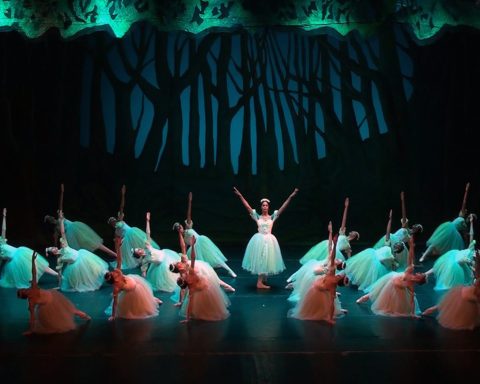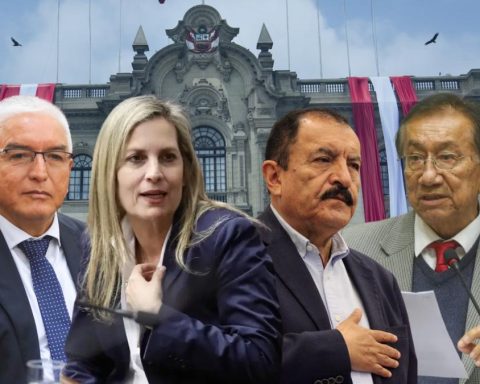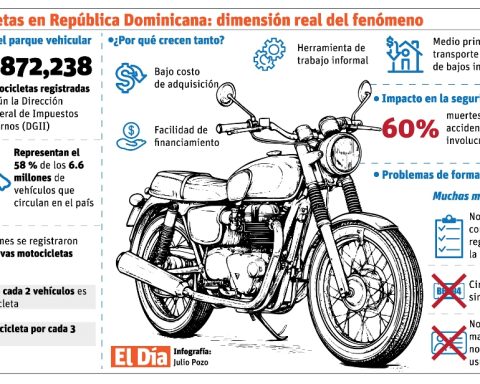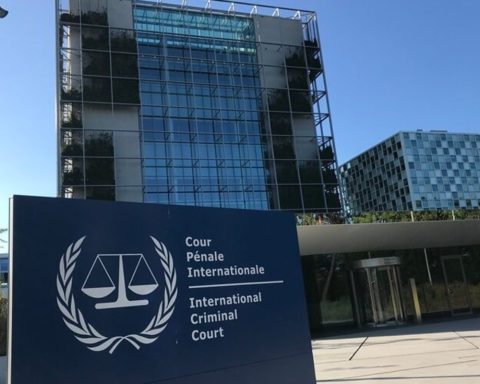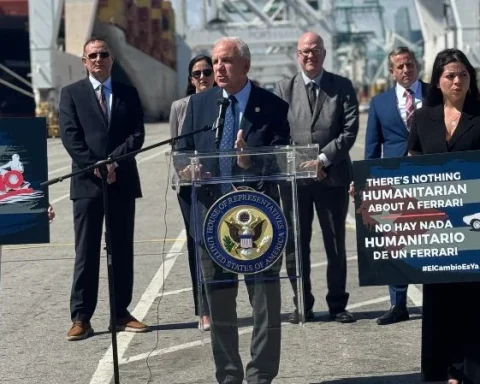the community leader France Marquez was the surprise this Sunday at the Colombian polls to be the third most voted in the consultations of the three presidential coalitions, with more than 762,000 votesa result that profiles her as one of the most dazzling figures on the country’s political scene.
(Lights and shadows by Gustavo Petro, winner of the Historical Pact).
Márquez arrived this Sunday as a candidate for the left-wing coalition Historical Pact after failing to get enough signatures to run independently and without much hope of winning the polls, because among his rivals was Gustavo Petro, favorite in the consultation and in the presidential race. .
The surprise, however, was the amount of votes obtained by the Afro social and environmental leader, who She was second in her consultation and the third most voted pre-candidate of the three alliances, surpassing even the winner of the Hope Center Coalition, Sergio Fajardo, who won more than 705,000.
(Who make up the list of candidates for the Historical Pact).
Behind her were traditional and strong politicians on the Colombian scene such as the former mayor of Barranquilla Álex Char and the conservative senator David Barguil.
UNCERTAIN FUTURE
Although Petro was the candidate who prevailed in the leftist coalition with more than 4.3 million votes and the former mayor of Medellín Federico Gutiérrez achieved nearly 2.1 million supports in the Team for Colombiabecoming the candidate of the right, Márquez was the next most voted.
These results place her as one of the most robust alternatives for Petro’s vice-presidential formula, although it is not clear that the already presidential candidate will finally opt for the social leader to accompany him in the race for the House of Nariño.
“Let’s go from resistance to power until dignity becomes a habit!”celebrated Márquez this Sunday when voting in Suárez, in the department of Cauca (southwest), where he was born.
(This is how the results of the inter-party consultations remained).
The pre-candidate politically capitalized on the nonconformity that Colombians showed in the streets during the 2021 protests, in which she participated by accompanying the young people who rejected the social and economic policy of the Government of President Iván Duque for more than two months.
THE FIGHT OF MARQUEZ
Márquez, 40, assured in an interview with Efe last December that she discovered that racism meant that they were going to treat her differently because of her skin color since she was a child, when they were told “that she had no rights.”
“The story they told us is that we are descendants of slaves,” he says, and those slaves, as they explained it to him “they were wild”, so they grew up with the shame and regret of many black people. But those slaves “They were human beings who expropriated their human condition, and knowing that other story has led me to discover myself what I am.”
That is why the candidate, who was endorsed by the leftist Polo Democrático Alternativo, has had a lifelong struggle that began with the help of her communitywith which he opposed government projects that altered the Ovejas River, a tributary that feeds his municipality.
Precisely for this reason, it was recognized in April 2018 with the Goldman Environmental Prize, the equivalent of the Nobel Prize for the Environment, and in 2015 with the National Award for the Defense of Human Rights in Colombia.
She was also included in 2019 in the list of the hundred most influential women in the world prepared by the British network BBC and that year she received the Joan Alsina Award for Human Rights, awarded by the Spanish foundation Casa América Cataluña, for her social leadership.
Now, the unknown will be knowing what role Márquez will play in the presidential campaign, because his more than 762,000 votes give him a lot of strength within the Historical Pact that cannot be ignored by Petro.
EFE
